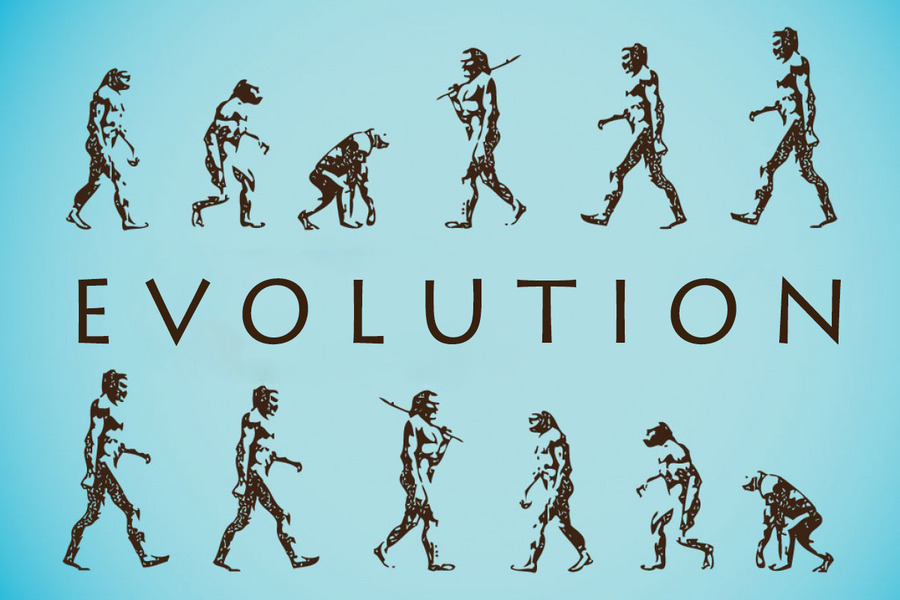
Changing our understanding of nature: scientists have discovered that evolution is not as chaotic as it seemed
The random nature of genetic mutations means that evolution is largely unpredictable. But recent research shows that this is not entirely true. If this is true, we will have to change our understanding of nature.
This is reported by PNAS.
Details of the opening
A new study suggests that interactions between genes play a greater role than expected in determining how a genome changes. It is known that some parts of the genome are more susceptible to mutations than others, but the evolutionary history of a species can also play a role in increasing the predictability of mutations.
“The implications of this research are revolutionary. By demonstrating that evolution is not as random as we previously thought, we have opened the door to a wealth of possibilities in synthetic biology, medicine and environmental science,” says James McInerney, an evolutionary biologist at the University of Nottingham.
Alan Beavan, a biologist at the University of Nottingham, and his colleagues used artificial intelligence computing to examine more than 2,000 complete genomes of the bacterium Escherichia coli, which lives in the gut of warm-blooded organisms.
Bacteria are particularly cunning when it comes to changing their DNA, they are quite adept at stealing genes from the environment and incorporating them into their genome. This process, known as horizontal gene transfer, gives bacteria free access to new traits, such as antibiotic resistance, without having to wait long for selection to work in a few generations.
Interestingly, horizontally transferred genes belonging to the same base group can end up in different places in the bacterial genome. By studying horizontal genes in different locations, the researchers were able to see how they are affected by the immediate environment of the genes. They were able to test the thought experiment of the famous evolutionary biologist Stephen Gould: replaying the tape of evolutionary history every time would lead to a different, unpredictable result, since evolutionary paths depend on unpredictable events.
If this were the case, the bacterial genome would continue to evolve chaotically after acquiring a new horizontal gene. But artificial intelligence has discovered patterns of predictability in these thousands of “tape repeats” after these gene acquisition events.
“We found that some gene families never appeared in the genome when a certain other gene family was already there, and in other cases, some genes were very much dependent on the presence of another gene family,” explains researcher Maria Rosa Domingo-Sananes of the University of Nottingham.
So, the history of a genome, i.e. the number of genes it has at the moment, can determine what genes it will or will not have in the future. Scientists have seen hints of this before, when genes that are closely physically located on genetic molecules were lost or gained together – linked genes. But this also happened with genes that did not have a close physical connection in the bacterial genomes.
Some aspects of evolution are deterministic, meaning that they are likely to happen every time we play a tape. The presence or absence of a gene can only be predicted based on other genes in the genome. For example, a hypothetical gene A can predict the presence of gene B only in the absence of gene C,
– Bivan and the team confirm in their article.
This does not violate the rule of random mutations, but rather means that the forces of natural selection work at the molecular level, and until recently we did not have the computing power to see this fully. In fact, genomes themselves are their own microscopic ecosystems in which genes can help or hinder each other.
Based on this work, we can begin to investigate how genes maintain, for example, antibiotic resistance, and in the future create medicines for diseases that are currently untreatable.

